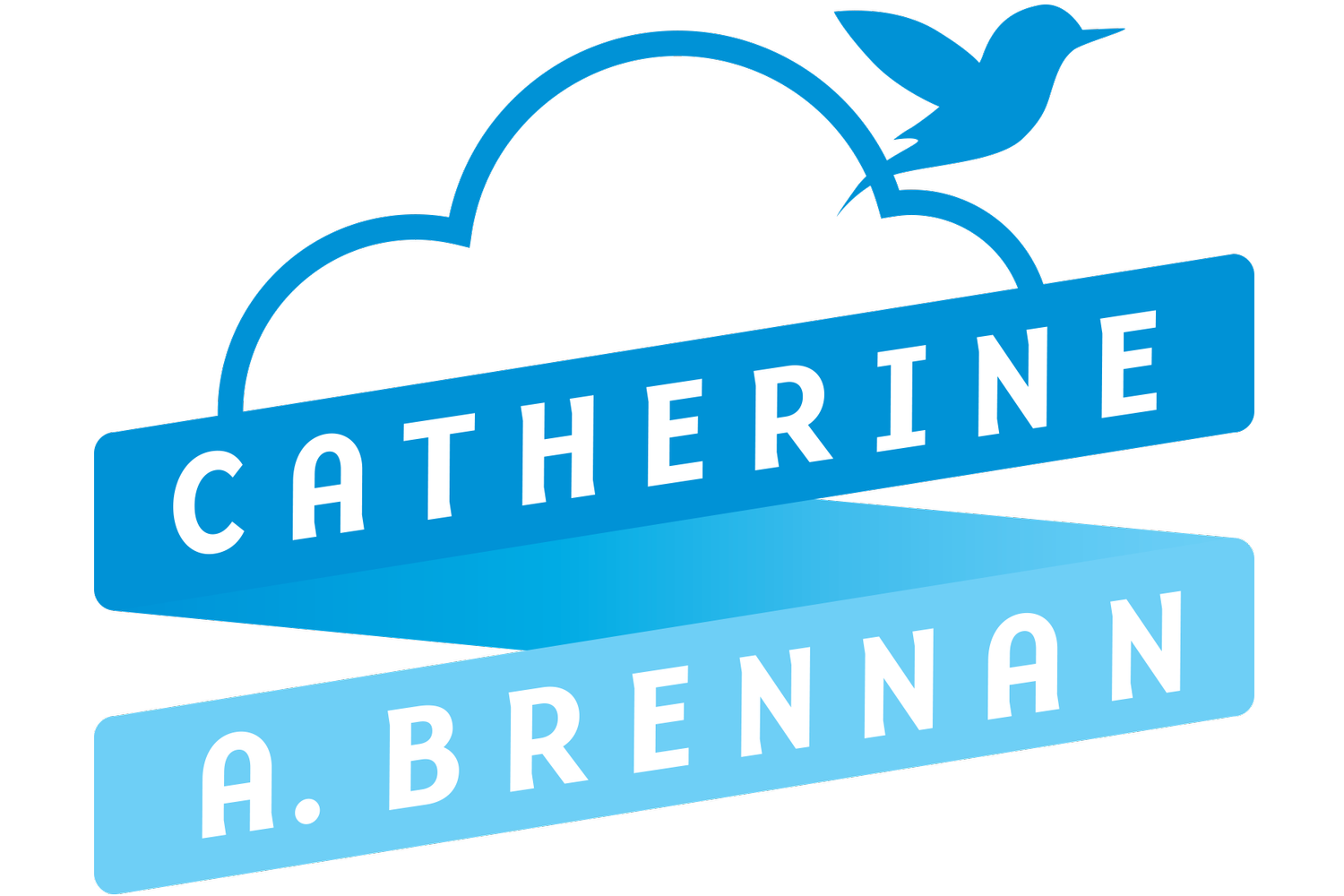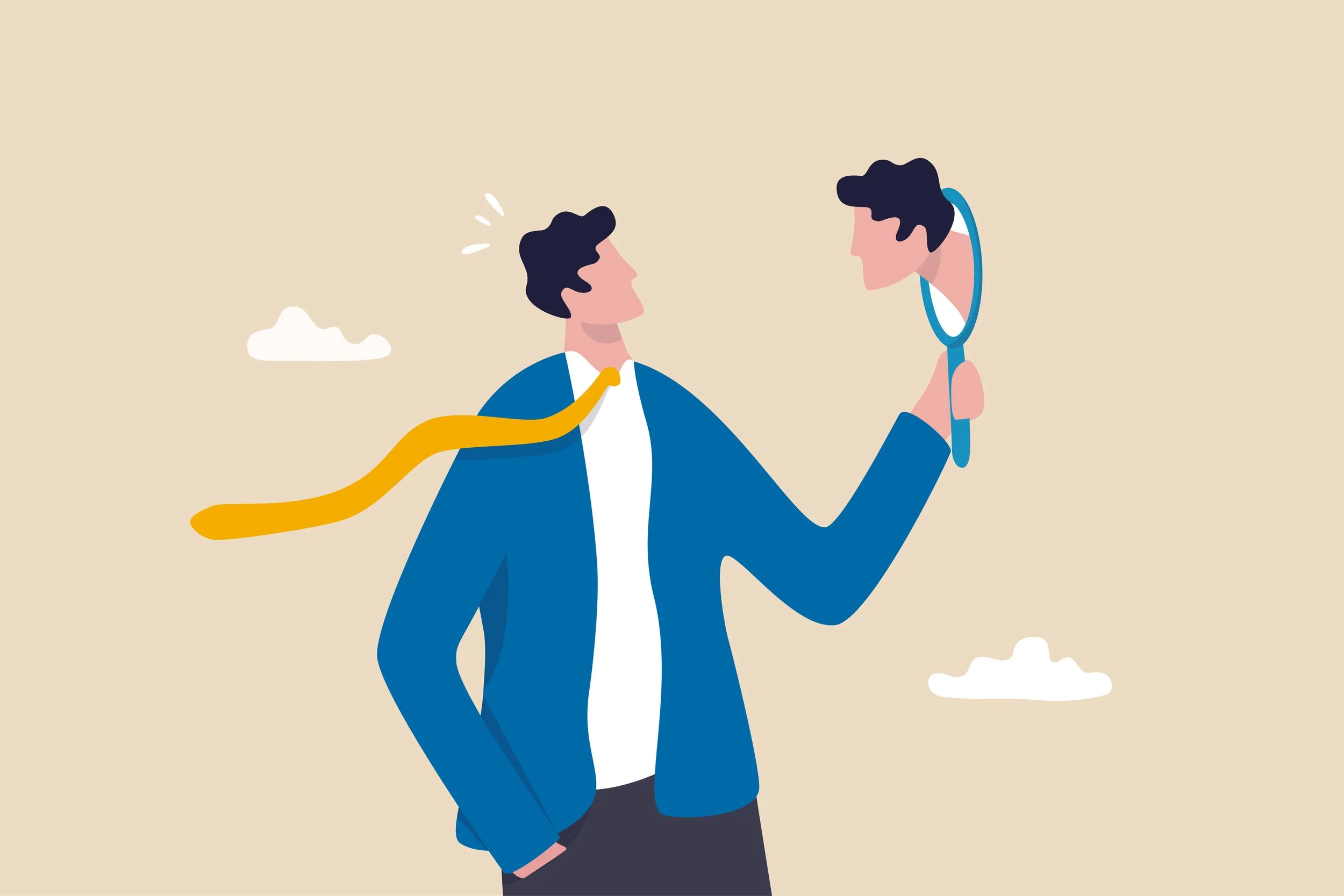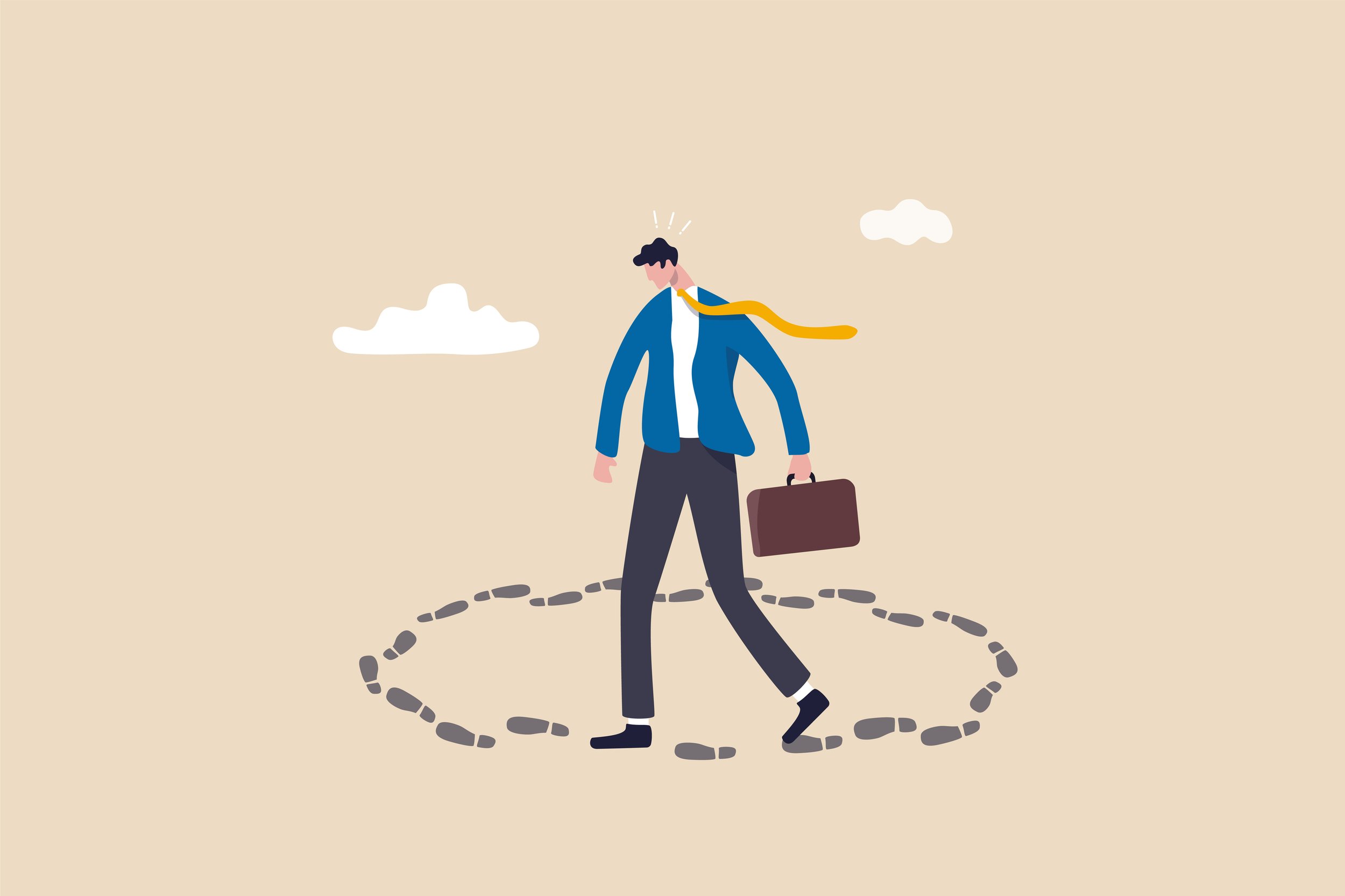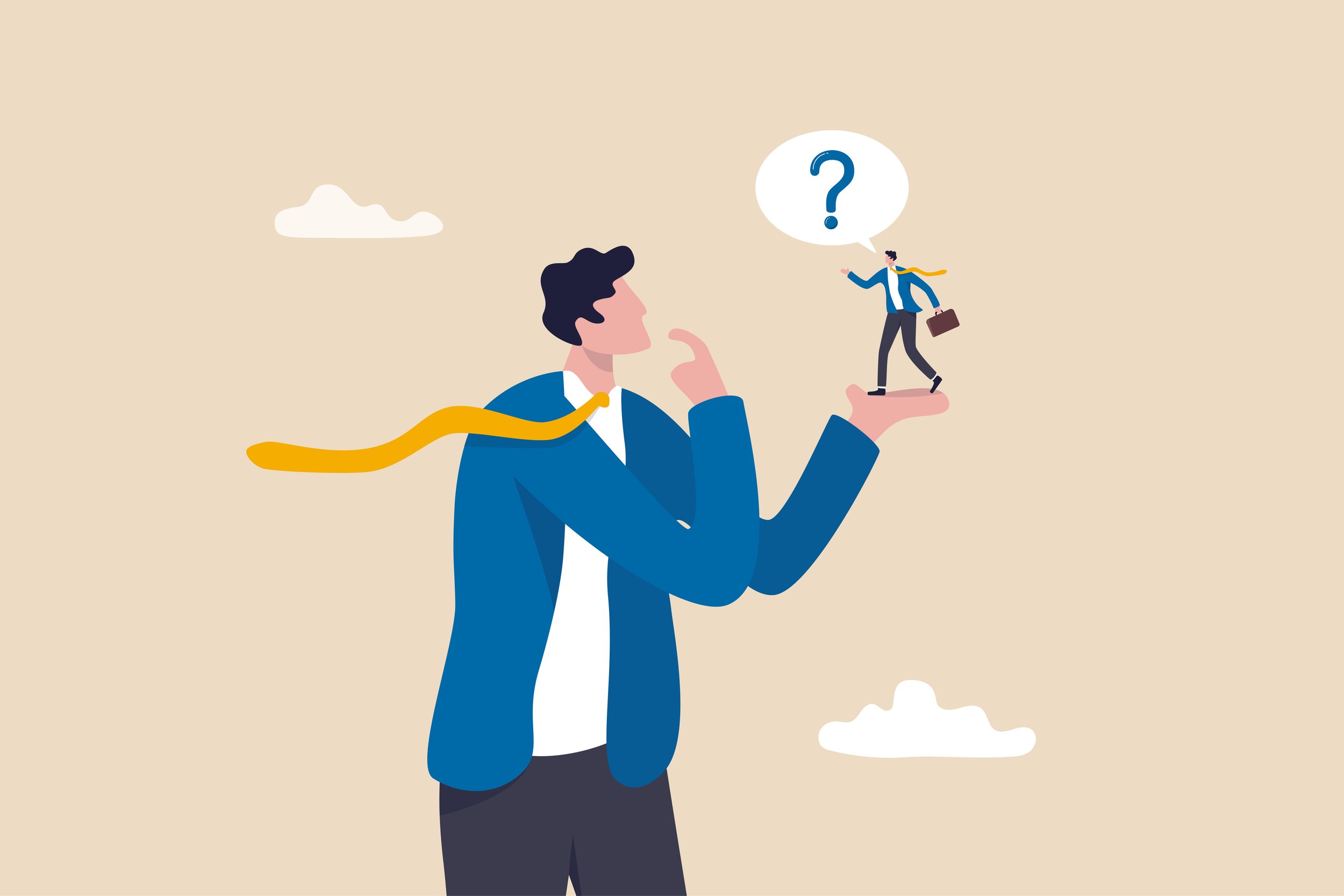Have you ever been with someone who can laugh at themselves one minute and then share their well thought out opinion the next?
That is a person who is self-aware.
This series on good habits starts with self-awareness by recognizing your habits. Your habits either work for you or against you.
. . . and good habits lead to a good life.
What does self-awareness mean?
Every one of us is a mixed bag of both superpowers and unfavorable habits. I can easily put together a spreadsheet but struggle to put a meal together without missing an ingredient or two. I’m very disciplined with my health but am not always very much fun to be with. I can run 26 miles but have trouble slowing down to stop and smell the roses.
Self-awareness means understanding both your strengths and weaknesses. We have both. Some people focus entirely on their strengths. Others focus completely on their weaknesses. Both lack the habit of self-awareness.
Self-awareness is not fooling yourself. It means taking a realistic look at what you are both good and bad at. Let’s say the company you work for had success because you had a fantastic idea and led the charge to make it happen. Self-awareness is acknowledging your skills. Maybe a relationship fell apart because of your unwillingness to be authentic. Self-awareness acknowledges that too.
What abilities do you have that make you special?
What are your weaknesses?
On a deeper level, self-awareness is knowing “why” you are doing what you are doing. Are you helping a friend out because you want to? Do you feel you need to? Do you feel sorry for them? Are you are fulfilling an obligation? What is your why?
And still deeper, self-awareness is knowing how you feel when you’re doing what you’re doing. When those feelings come up, where did they come from? What belief is triggering that feeling. What experience from your past is the feeling touching? And is this feeling working for you?
Paths to self-awareness
Have you ever had a big failure? Many people deflect responsibility to others in times like these, but this can be a great time to become self-aware. Were you trying to do too much? Were your expectations of others too big? Did you underestimate the work it would take?
Sometimes we react to a situation very dramatically and have no idea where “that” came from. This is another doorway to self-awareness.
Is there something you avoid like the plague but you’re not sure exactly why? Getting real with yourself can lead to self-awareness. Discovering why you avoid it will lead you to a greater understanding of who you are.
Or you can feel strong emotions in your gut about a person or place. Self-awareness is understanding why you feel that way. Often, the emotions come from past experiences or deeply held beliefs. These need to be examined and possibly healed.
Questions
I’ve spent time being angry at people or situations for far too long. Now if this happens, I ask myself questions such as:
· What is bothering you so much, Cathy?
· What is it specifically about that person that you’re so angry at?
· What are you feeling? Why?
Other times, I’ve been unable to reach my goals. These are questions I ask myself:
· What are you not doing to reach your goal? Why?
· What are you willing to commit to?
· What is holding you back?
And when confusion arises, I ask:
· Why didn’t I see this coming?
· What was I denying?
· What signs did I miss?
On the flip side, when I have successes, it’s important to acknowledge:
· Wow, that was great!
· These are the skills that got me to this place.
· These are the people that helped me succeed.
· These are the situations that led me here.
Why is self-awareness a good Habit?
Self-awareness leads to a less frustrating life. Here’s an example. Although I enjoy golf, I’m not very good at it. Frustration arises when I believe I should be better than I am, rather than being aware of the truth. Once I am aware, I can enjoy the game! If it takes me a couple of shots to get out of a sand trap, I’m not frustrated, . . . it’s what I expect based on my ability.
On the other hand, if I raise a good question, which is my forte, and someone says, “how in the world did you ever come up with that weird question?”, I respond by saying, “I just did. What do you think about it?” Instead of fretting over how I’m perceived by others, I understand my ability and just let it flow.
Less frustration. Doesn’t that sound nice?
When you have self-awareness, you can say yes when asked to serve in an area you are good at and no to places you’re not! Once I was asked to bake cookies. The poor woman obviously didn’t know what kind of hockey pucks came out of my oven in the name of baking. I easily told her I wouldn’t be able to do that. Instead, I paid for someone else to. But coordinate a bunch of people to get a task done? I’m there for you! That’s my jam and I actually enjoy it.
Another reason being self-aware is such a good habit is that you can stop pretending to be something you’re not. Pretending comes from not believing you are enough. If you can relate, spend some time thinking about the good things you offer.
How can you become self-aware?
Self-awareness is the opposite of denial. When you look at the reality of both your good and bad points, you will be more able to have a good life. The truth will set you free.
Become self-reflective. Ask questions until you get to the root of yourself.
Avoid harsh criticism of yourself.
Be aware of your ego which will always want to be right.
Ask those you trust to give their opinion of who you are.
Have strong relationships. Interacting one on one is a good way to become aware of how others understand and “take” you.
Be OK, not being the best at everything.
Stop saying you are the worst at anything.
Self-awareness is not a conclusion but a point of reference. Understanding your strengths and weaknesses is a place to begin using your strengths and improving on your weaknesses.
Make a Habit of Self-Awareness
If you would like me to come speak to your organization about Healthy Habits, contact me at cathy@lookfeeldobetter.com. I look forward to hearing from you!




